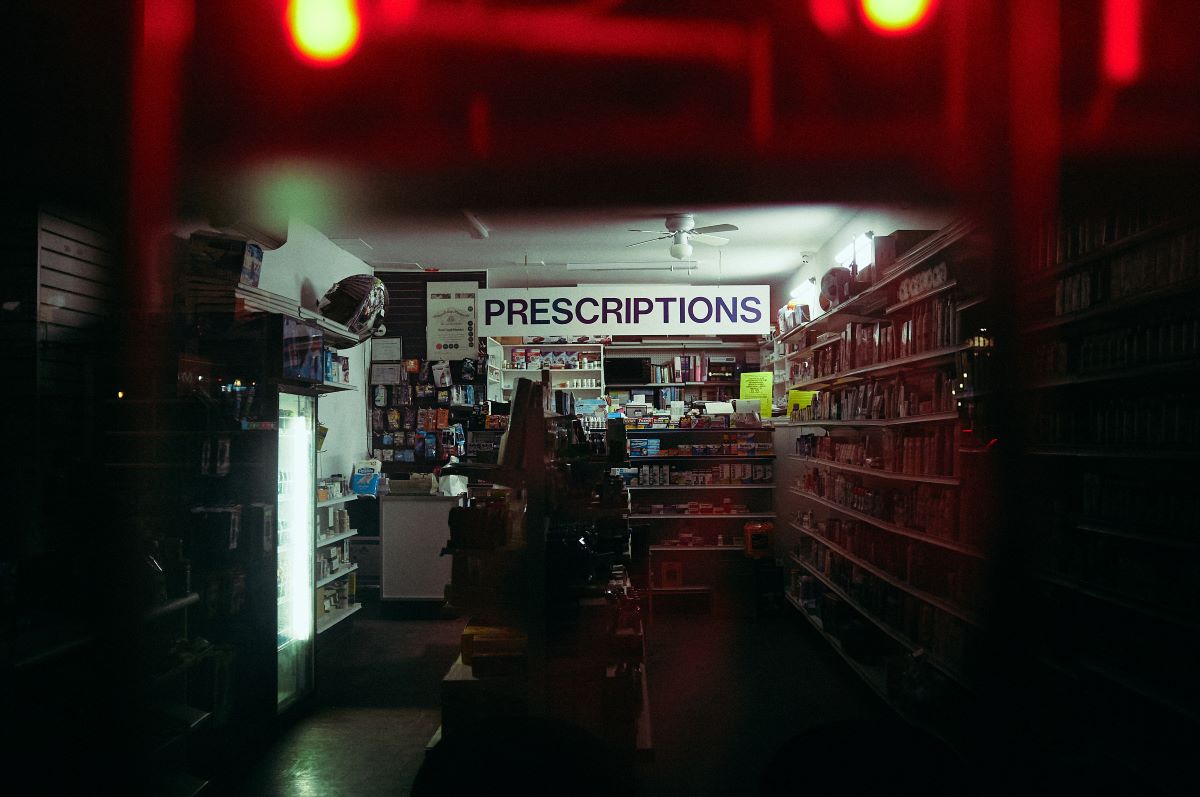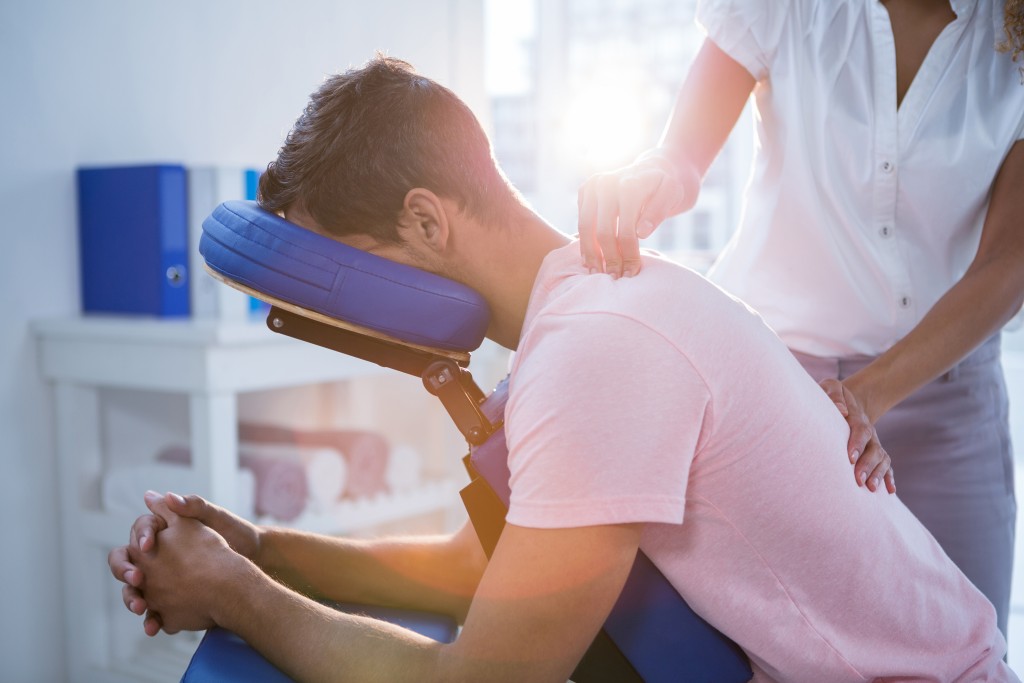In any workplace, back pain is one of the most popular reasons for worker’s absences. While people who suffer from lower back pain can recover, it is very common for the pain to recur. For some people, their back pain turned to persistent pain that lasted for at least 12 weeks. For the more unfortunate ones, lower back pain caused their disability. This even prevented some people from returning to work and in engaging with activities of daily living.
Physicians prescribe numerous medications to help deal with lower back pain. This includes therapy, electrical stimulation, and over-the-counter and prescription-only medications, among many others.
Opioid Prescription Linked to Opioid Addiction
Sometimes, patients complain to their physicians of persistent pain even after a series of therapies and other pain medications. As a last resort, patients are prescribed opioid medications. But then, opioid is one of those drugs that are often misused and abused by patients. Even if the doctor intends to prescribe a cure, they could be unconsciously prescribing a potential opioid addiction.
Some patients are more likely to abuse opioids. But even if a patient is not deemed as vulnerable to abusing this type of medication, one can still develop opioid dependency depending on their personal history as well as the length of time opioids were taken. In 2018 alone, opioids accounted for nearly 70% of drug overdose deaths.
While opioid is used for pain management, it also triggers the production of endorphins, also known as your feel-good neurotransmitters. Since endorphins can create a temporary euphoric feeling, you might crave the feeling of a sense of well-being after the dose wears off and you start feeling the pain again. The moment you find yourself craving for those good feelings again, this is usually the sign of potential opioid addiction.
It is because of these reasons why physicians are often wary of prescribing opioids to their patients. They usually turn to opioid medications as their last resort.

Opioid Overdose During the Pandemic
The pandemic incurred many challenges in the healthcare sector. But what’s also alarming is the fact that there is an increasing number of drug-related overdose during Covid-19, including opioid overdose. This is despite the availability of telemedicine and telehealth.
On August 14, more than 40 states reported a surging number of opioid overdose deaths. Experts say the Covid-19 aggravated the fact that people failed or did not seek the necessary help. Not all adults have access to telehealth while others chose to skip seeking help since they don’t have the luxury of privacy for a confidential consultation. The CDC is currently working on fighting the opioid overdose epidemic in collaboration with the different states, agencies, and entities.
Non-Opioid Ways of Treating Severe Lower Back Pain
Due to the increasing number of people getting addicted to opioids, many are looking for alternative ways to deal with their severe lower back pain minus the opioids. One of the most popular ones are as follows:
- Acupuncture
For people who are not afraid of being poked, acupuncture can be a good and effective tool for providing short-term relief. When done by a professional, acupuncture, is generally safe.
- Chiropractic
Chiropractic therapies aim to provide lower back pain relief by manipulating the musculoskeletal system, in this case, the spine. According to a study, patients who undergo chiropractic therapies have 64% lower odds of receiving opioids.
- Injections or Nerve Blocks
A nerve block is a procedure wherein an anti-inflammatory and/or anesthetic is injected into the site to short-circuit the pain. One doesn’t need any type of preparation before the procedure.
- Physical Therapy
Most people turn to physical therapy to address their back pain. With the help of a physical therapist, they can prescribe the right exercise program to decrease pain and boost your ability to function.
- Radiofrequency Ablation
A pro will insert a needle to burn the nerve responsible for the pain using radio waves. This procedure also short-circuits your pain signal to address the pain.
- Surgery
When all else fails, your physician might ask you to consider getting surgery. This is to correct the abnormalities that are causing your lower back pain.
What Physicians Should Do to for Safe Opioid Prescribing
If physicians are to use opioid prescriptions, they should take the necessary precautions. This involves physical examinations, medical history checks, and patient screening. They must check which patients are at the potential risk of developing an opioid addiction. Physicians should also the patients know the possible risks and consequences of developing opioid dependency or addiction.
Opioids can be the go-to choice for pain management of patients. With the increasing number of opioid overdose deaths, one should consider other pain medications and treatments. This is to help in lowering the number of people getting addicted to opioids. If patients found an alternative way to treat their pain, they are less likely to use opioids.


